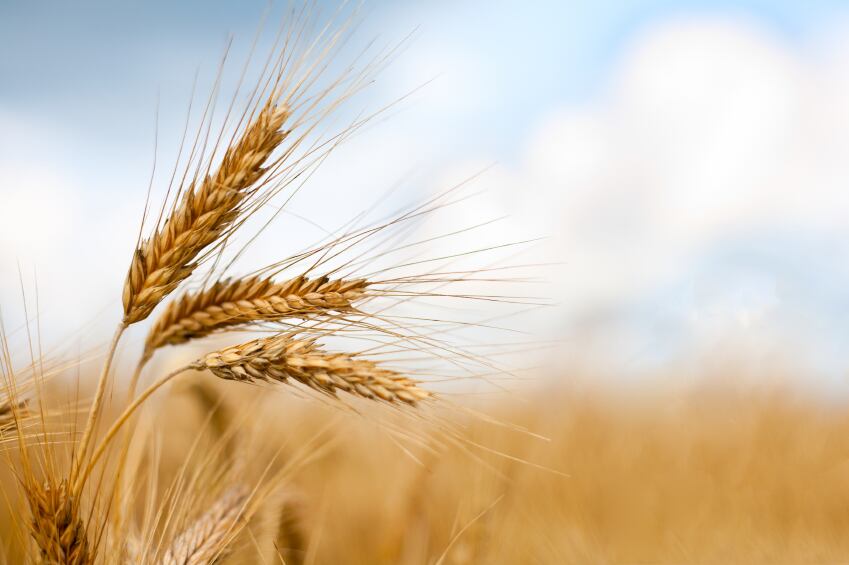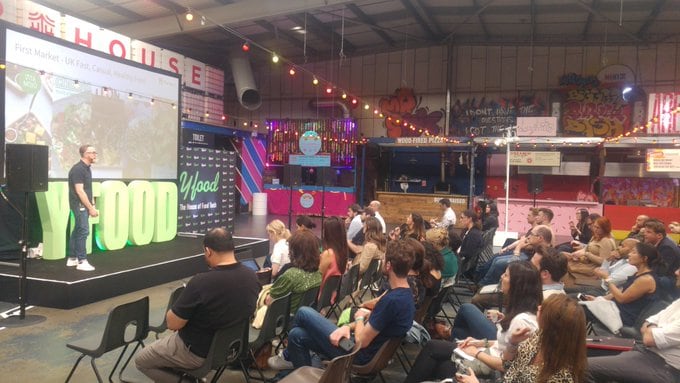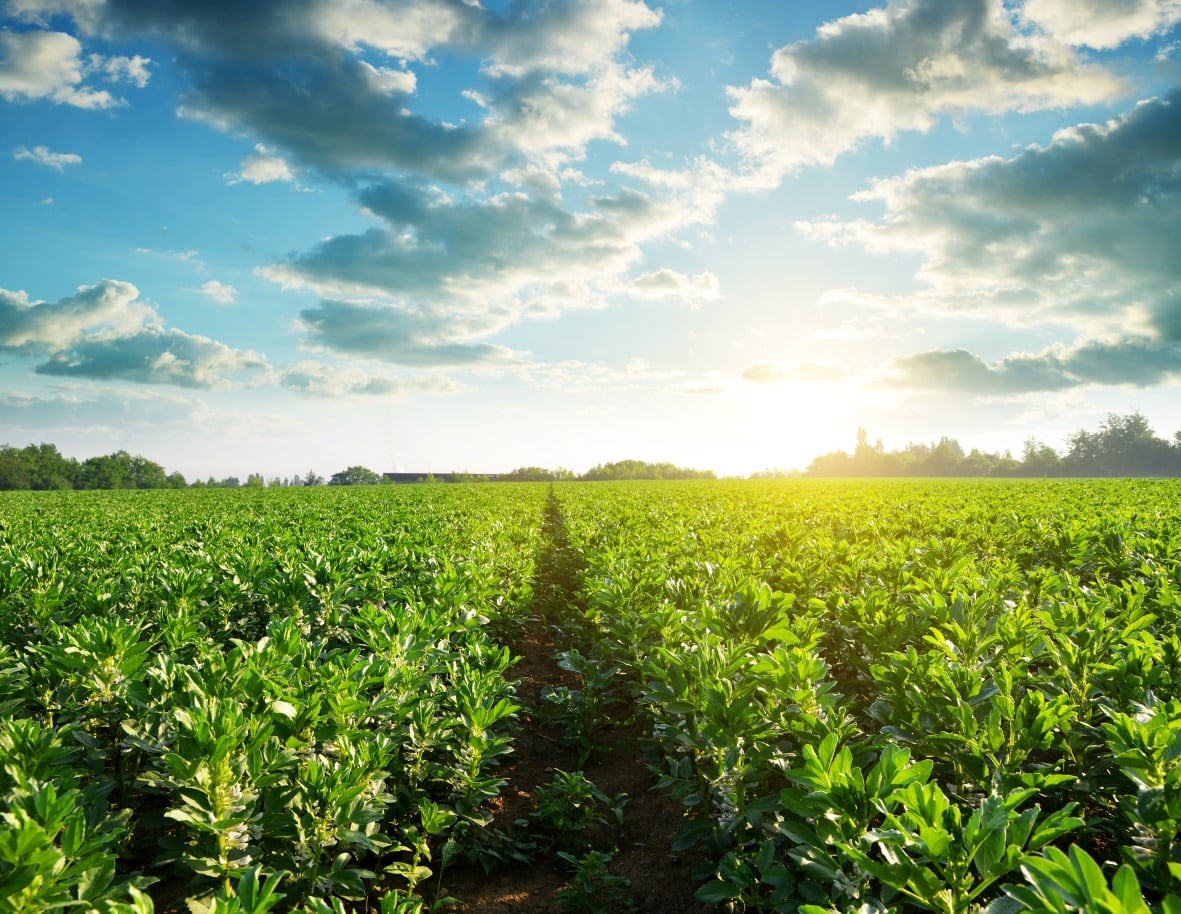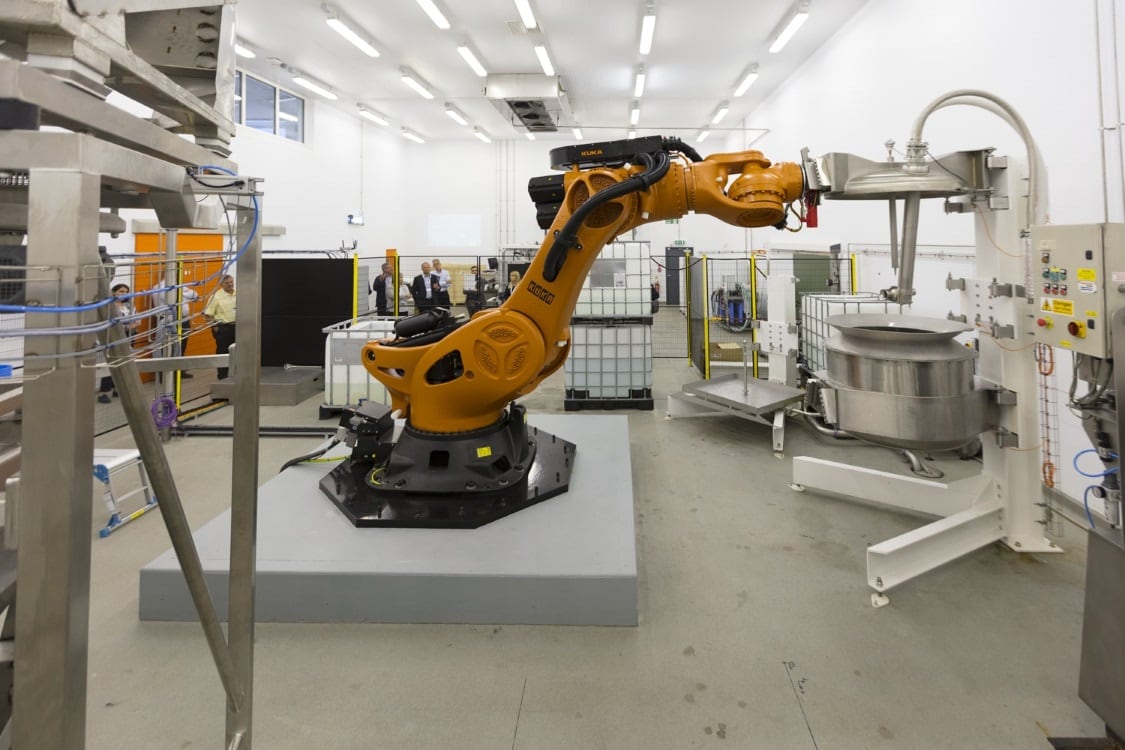Precision agriculture has been touted as a potential solution to many of the challenges facing the farming sector. Food producers need to feed a growing global population, using finite resources in the face of challenges such as climate change and increasingly hardy pests and weeds. There is also an understanding that this needs to be achieved using new methods that are less damaging to the environment.
However, according to the academics, advances in agri-technologies to automate and robotise aspects of the farming process have, to date, been limited to high value but low volume sectors such as horticulture or soft fruit production.
Engineering scientists within N8 AgriFood – a programme covering the eight most research-intensive universities in the North of England specialising in addressing challenges to global food systems – suggested that a new generation of “hybrid biologist-engineers” needs to be created in order for precision agriculture to truly hit mainstream farming.
The N8 AgriFood group believes that for developments in AI and smart tech to reach largescale farming of broadacre crops, such as cereals, there needs to be a “paradigm shift” in their capabilities.
This will require the government and industry to collaborate and fund specialised training programmes, according to Professor Bruce Grieve, N8 AgriFood’s chair in Agri Sensors & Electronics, and a director at the University of Manchester’s Electrical and Electronic Engineering.
“What we have been arguing is that for precision agriculture to truly hit the mainstream (i.e. to make a major impact in broadacre cereals farming etc. and not just specialty crops), there needs to be a number of policy changes to the way the discipline is both taught and understood by the industry.
“That is, moving away from engineering solutions alone to ones where engineers and biologists have a complementary understanding of the opportunities offered by either approach and so can co-deliver the next generation of technologies.”
Professor Grieve’s views were outlined in a paper, published in Global Food Security journal, which outlines recommendations to encourage AI enabled smart technologies to impact across all sectors of global agriculture.
‘A wholly new approach is necessary’
For high volume crops to benefit from agri-tech developments – and therefore move production onto a more sustainable footing – the paper, co-authored by Professor Grieve, said “a wholly new approach is necessary”. It would require the establishment of an integrated biology and physical engineering infrastructure, which can work “in harmony” with current breeding, chemistry and agronomic solutions.
“First and foremost is the need to create a cohort of physical engineering graduates who also have adequate familiarity with biological concepts and agronomy, and vice-versa for a complementary cohort of biology graduates to be trained to have an appreciation of the possibilities offered by relevant elements of engineering and AI.
“To deliver this there are a number of major and interlinked challenges that need to be addressed, namely enabling investment, professional education and regulatory or policy constraints.”
Recommendations laid out in the paper include a joined-up programme of government and industry investment which links different levels of technology development, as well as extending research in the sociological and psychological factors influencing the uptake of any new smart technology concepts by the agricultural sector.
Aligned to this are recommendations for government subsidies to support the transition of the developed smart sensing, AI and robotics technologies into the mainstream sector so that the commercial and environmental benefits can be realised quickly, beyond the early-adopter farmers.
There is also potential to adapt the regulatory environment to reflect the capabilities of emerging technologies, covering chemical regulation and the need for national and international standards on the format of intelligent autonomous agri sensing and robotic systems, the paper suggested.
These conclusions were been backed by The Institution of Agricultural Engineers (IAgrE).
Alastair Taylor, IAgrE CEO, commented: “As an agricultural engineer I have always viewed myself as multi disciplinary with the need to engage with aspects of chemistry and biology, and as such, have always been critical of the silo mentality espoused by so many disciplines but the advent of Agri-tech means that we must work differently and let go.
“We must learn to connect engineers, technologist and scientists in a different way and the starting point has to be universities and the research community who need to revisit the way they link the disciplines in a new way. We have to do this is we are to achieve global food security.”




